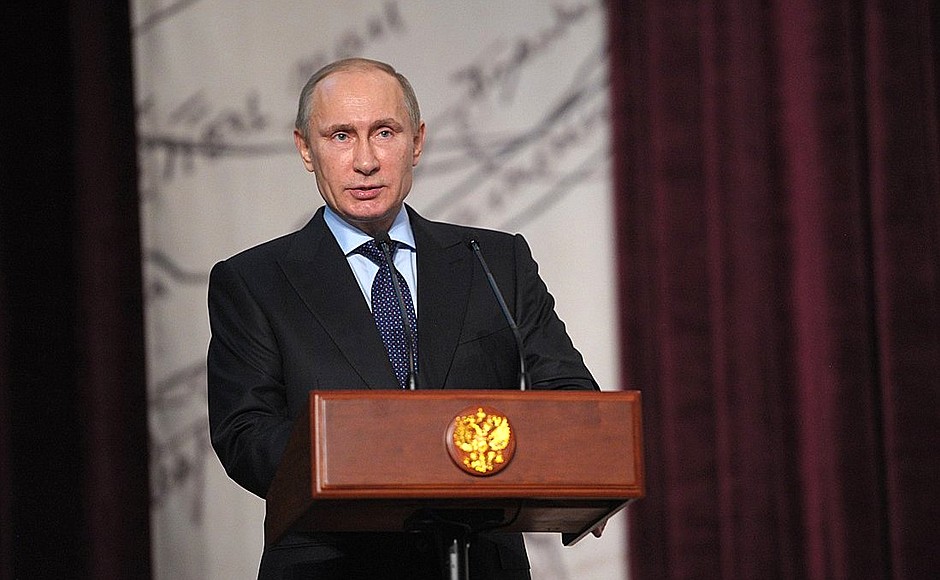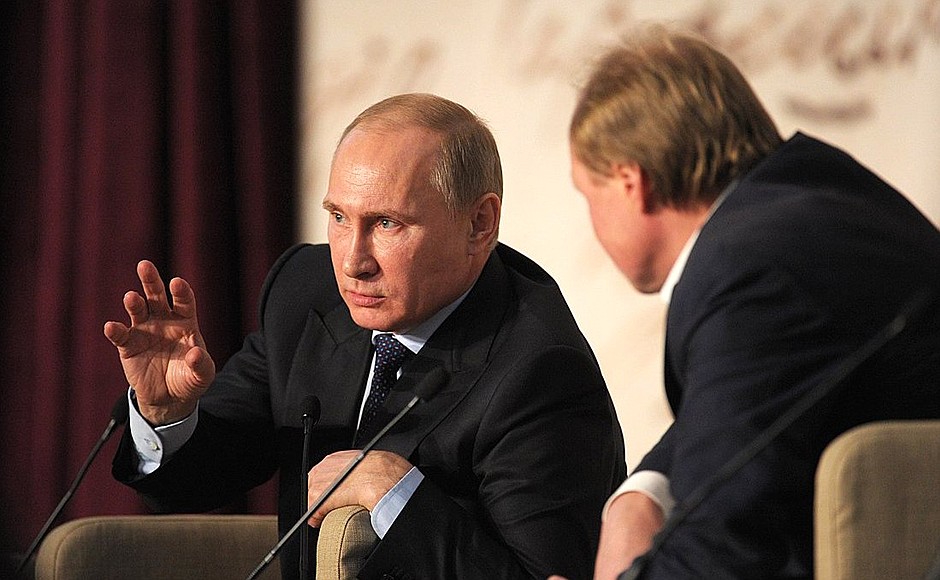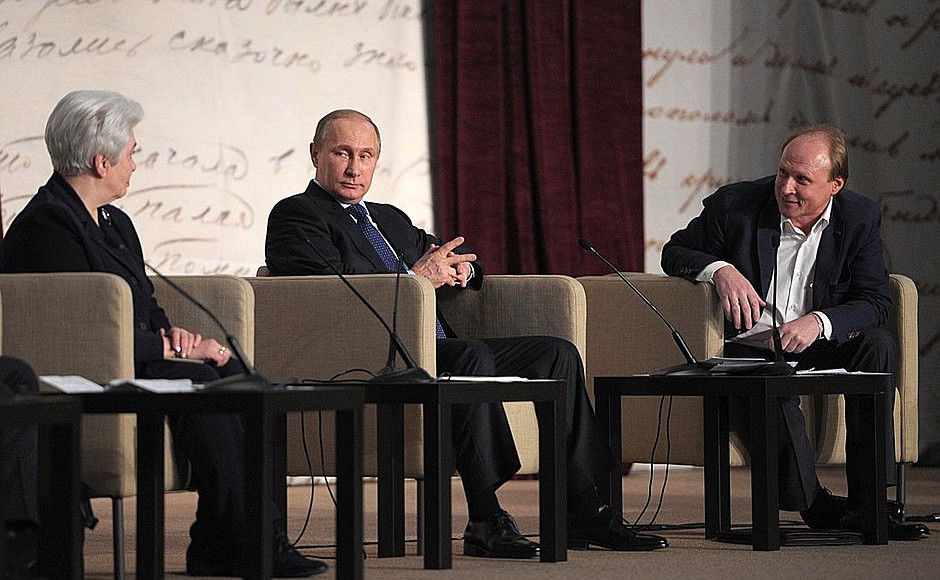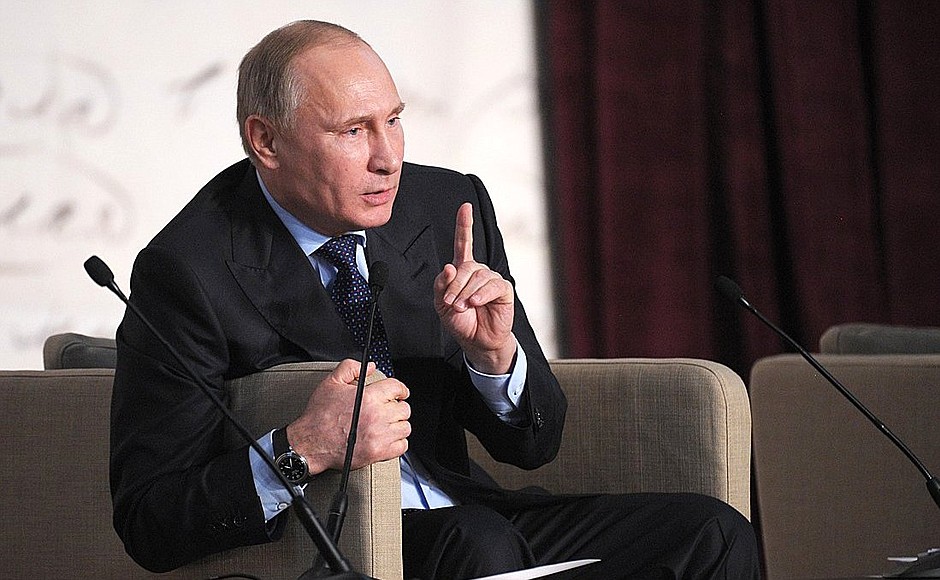ALSCW encourages the reading, writing, criticism, scholarship, and discussions among those committed to the reading and study of literary works.
Literary Theory “Literary theory” is the body of ideas and methods we use in the practical reading of literature. By literary theory we refer not to the meaning of a work of literature but to the theories that reveal what literature can mean.

Literary realism is part of the realist art movement beginning with mid nineteenth-century French literature (), and Russian literature (Alexander Pushkin) and extending to the late nineteenth and early twentieth century.

This webpage is for Dr. Wheeler’s literature students, and it offers introductory survey information concerning the literature of classical China, classical Rome, classical Greece, the Bible as Literature, medieval literature, Renaissance literature, and genre studies.
This webpage contains an alphabetical glossary of literary terms and their definitions.It focuses particularly on the material I most frequently teach (classical and medieval literature, the history of the English language, and science fiction narratives).
The world’s leading literary agency for fantasy and science fiction.

Literary Criticism The ipl2 Literary Criticism Collection contains critical and biographical websites about authors and their works that can be browsed by author, by title, or by nationality and literary period.
New Criticism. A literary movement that started in the late 1920s and 1930s and originated in reaction to traditional criticism that new critics saw as largely concerned with matters extraneous to the text, e.g., with the biography or psychology of the author or the work’s relationship to literary history.
Russian literature refers to the literature of Russia and its émigrés and to the Russian-language literature of several independent nations once a part of what was historically Rus’, the Russian Empire or the Soviet Union.


Mikhail Bakhtin: Mikhail Bakhtin, Russian literary theorist and philosopher of language whose wide-ranging ideas significantly influenced Western thinking in cultural history, linguistics, literary theory, and aesthetics.




